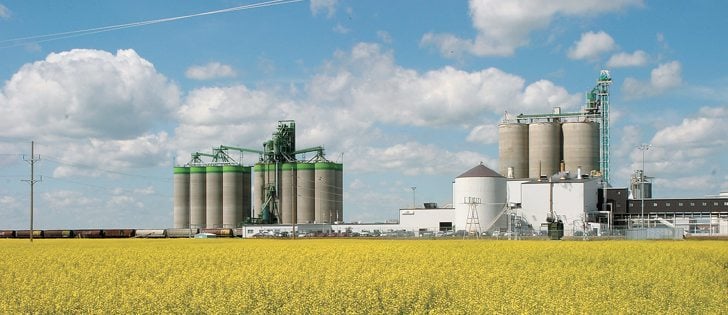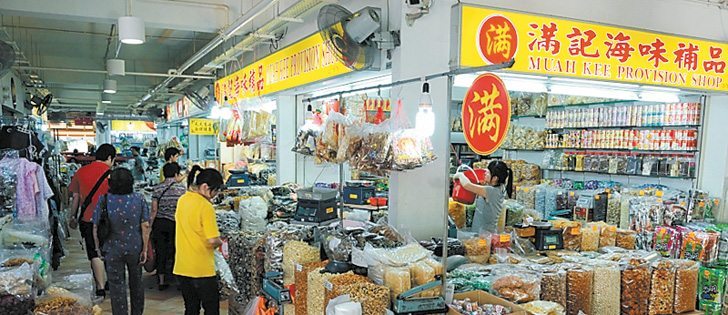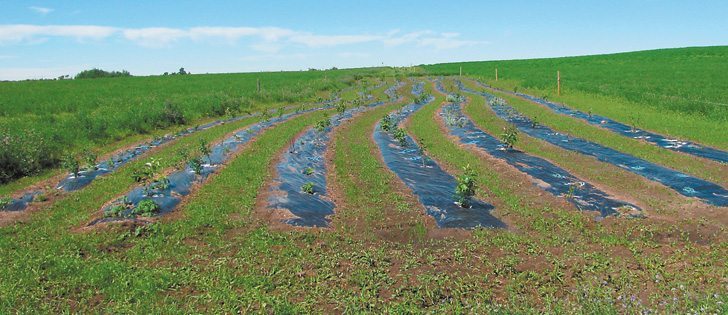While working on a recent story about the currency exchange outlook, I was struck by the general disdain for bank economists expressed by all the analysts I called.
The comments always involved a recognition that the Canadian big bank economists took the opposite stance, but then a laugh and a wry comment about the general out-to-lunchedness of these practitioners.
It’s the same view I’ve had for years, and the reason I seldom use them. It is not because I think big bank economists and their outlooks are generally wrong, but mainly because I think they’re corrupted by their close connection to huge entities that rely on the constant flow of money through them.
Read Also

Farm groups ask feds for export sales reporting
The Agricultural Producers Association of Saskatchewan and SaskCrops asks the federal government to create an Export Sales Reporting program.
I don’t think these economists intentionally skew their views to help their employers’ investment banking, brokerage and retail sectors. No doubt official firewalls are in place to stop direct interference with the economists.
But I’m positive there’s an overwhelming corporate culture working within each bank that inundates the economists’ sense of their role and mission, something that they allow to overrule their best judgment at times for some supposed greater good. Unfortunately for small business folks like farmers, clean, clear analysis is essential and filtering by analysts to aid some greater project is dangerous.
I was stunned to hear a big bank economist on CBC’s As It Happens a few weeks ago basically admitting this point, although I doubt he realized the implications of what he said.
The host was talking to him about the apparent robust recovery of the financial system and how various “stimulus” measures seemed to be working. The host then mentioned how some analysts had suggested a year ago that a depression could be a result of the late 2008 market meltdown.
The bank economist then said he not only felt that talk of a possible depression had been wrong, but was also irresponsible.
Irresponsible? Even if these analysts felt it was possible? Isn’t true analysis supposed to be an honest appraisal of the situation?
Apparently not to this big bank economist, whom I note came from the bank that a couple of years ago predicted $200 per barrel oil and the Dow Jones Industrial Average at 16,000. He clearly felt there were “no go” zones for analysts and implicit in his condemnation was the idea that economists have a responsibilitynot to puncture confidence.
But if these economists become cheerleaders for the economy, they’re of little use to those needing to make serious decisions regarding their farm businesses.
The people I trust to give me honest analysis often come from rinky-dink offices in strip malls in secondary cities on the Prairies and in the U.S. Midwest and Great Plains. They don’t have an investment banking arm that needs a peppy economy. They don’t have a brokerage wing that needs hundreds of thousands of people to be pouring money into accounts to invest in a rising market. They don’t have a huge retail network that is trying to sell mutual funds.
They serve farmers and rely on developing relationships of trust with farmer clients who follow their judgment. What they charge for and what they sell are directly related to farmers and farming.
They can be wrong, but to me they seem generally less wrong than the big bank economists.
And if they are wrong, generally it’s for the right reasons, not because they are unduly influenced by their attachment to an entity that has far more than farmers’ interests at heart.
Anyone can get an analytical call wrong. But with independent analysts, at least you know they just screwed up and didn’t skew the views they gave to you.















